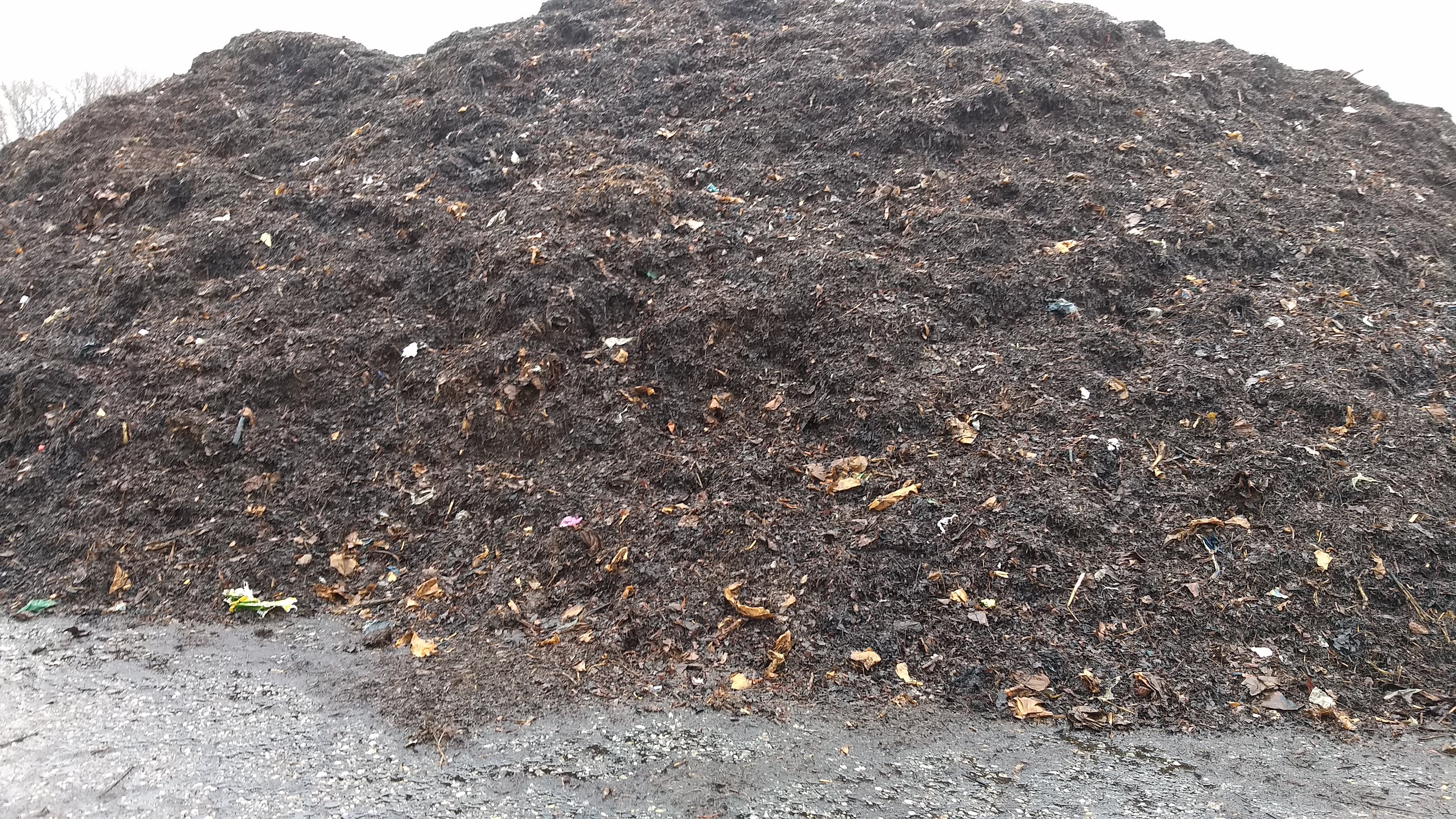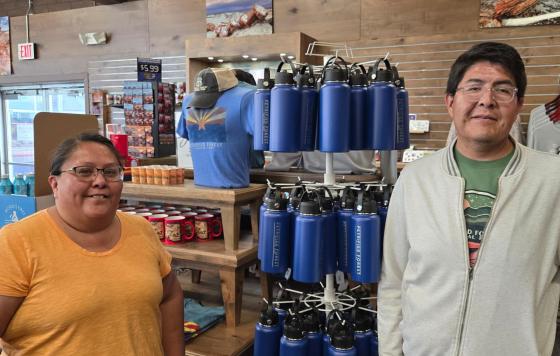
Great news for Zero Waste! Key City Compost, a company founded after Frederick County said no to a new incinerator, is growing and expanding their operations. This week, the Planning Commission held a public hearing and approved Key City Compost's new Site Plan, a key part of increasing the amount of compost they can divert from the landfill and process at their facility between Frederick City and Thurmont. (You can watch the hearing here, starting at 3h30m.) Below is the testimony we submitted in favor of their site plan. Congratulations to Key City Compost, and we look forward to more compost facilities like this coming to Maryland!
January 10, 2022
Dear Frederick County Planning Commission,
Clean Water Action would like to express our strong support for the Site Development Plan approval for Key City Compost at Utica Bridge Farms. We are excited about the opportunity for this business to expand and provide important economic and environmental services for Frederick County, building on the success of Council Bill #18-22 four years ago.
Composting operations like Key City Compost are important tools for local communities to fight climate change. According to the EPA, food scraps and food waste are the largest portion of waste sent by municipalities to landfills and incinerators, accounting for as much as 51% of waste. When organic waste decomposes in landfills, it creates methane, a greenhouse gas that is 86 times more powerful at driving climate change than CO2 in its first 20 years after emission. Landfills account for 17% of Maryland’s methane emissions, so diverting as much food waste as possible to composting is a powerful method of climate action in service of Frederick County’s environmental goals. When that food waste is processed into compost, it sequesters carbon in the soil, and even benefits stormwater management, improving resiliency efforts by absorbing stormwater runoff and filtering pollutants. Key City Compost’s operation is an important part of Frederick County meeting its climate change and other environmental goals.
Composting is also a significant job creator, and we are excited about the jobs created by Key City Compost’s operations. Maryland’s compost facilities employ, on average, 4.1 full-time equivalent jobs per 10,000 tons per year of material composted, compared to just 1.2 FTE jobs per 10,000 tons per year of material incinerated and 2.1 FTE jobs per 10,000 tons per year landfilled, making composting an efficient way to create jobs in the waste sector. We are excited that Key City Compost is now among these job creators, with 12 full time and 1 part time employees, and we support their expansion to continue to support these jobs.
For these reasons, we urge you to approve the Site Development Plan for Key City Compost.
Thank you,
Jennifer Kunze
Maryland Program Coordinator
Clean Water Action


